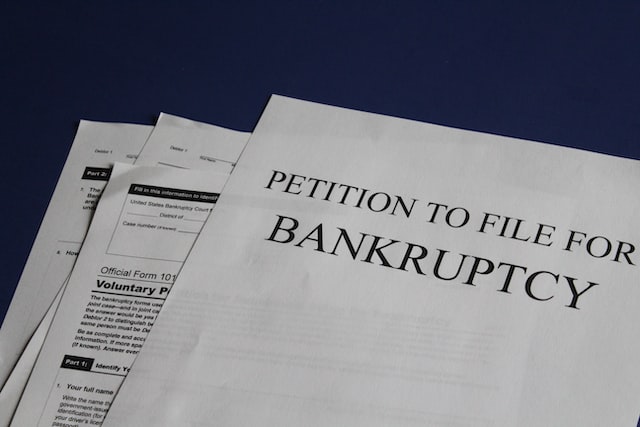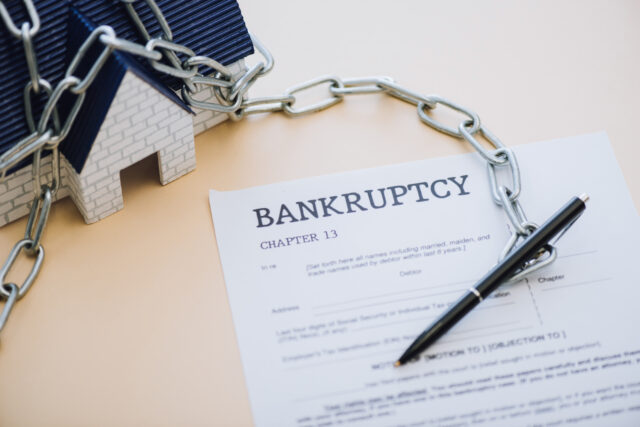When you are in debt, it can often feel like drowning. This can be a vicious cycle of trying to make payments, falling behind, and taking out additional loans to try to mitigate the situation. As such, you may have explored various debt relief options only to discover none are viable for your circumstances. If this is the case, filing for bankruptcy may be in your best interest. However, it’s important to understand how this process works before making any decisions. As such, if you are in unmanageable debt, the following blog explores what you should know and the importance of discussing your matters with Gillette bankruptcy attorneys to determine if this complicated legal is right for you.
What Is Bankruptcy?
Bankruptcy is a debt relief process in which the filer declares that they are unable to repay the debts they owe. As such, this process entails paying as much of the debt as possible through various measures before receiving a discharge for the remaining eligible debts.
For consumers, there are generally two different options to choose from. The first is Chapter 7, which involves the liquidation of assets to repay creditors. This process takes an average of six months. Once all eligible non-exempt assets have been liquidated, the remaining eligible debt will be discharged. It is important to note that you must qualify for Chapter 7 by completing the “means” test. Essentially, this process compares your income to the average for households of a similar size in your state. If you earn less than this average, you may pursue Chapter 7.
The other common option is Chapter 13. This is a debt reorganization process that will combine your debts into one monthly payment. You will then make this payment to the trustee assigned to your case who then distributes the funds to the creditors. This repayment plan will last three to five years, depending on the unique circumstances of your case. When you complete the repayment plan, the remaining eligible debt is discharged.
When Should I Consider Filing?
Making the decision to file for bankruptcy is not something that should be done lightly. However, if any of the following circumstances apply to your financial situation, you may want to consider discussing your options with an experienced bankruptcy attorney:
- You’ve looked into other debt-relief options but none are viable
- Your debt is larger than your income
- You are facing harassment by creditors
- You have been sued over debt
- There is a judgment against you
Bankruptcy can offer much-needed financial relief to those in unmanageable debt who cannot pursue other debt-relief options. However, you should understand that this process is not without significant impacts. As a means of deterring individuals from using bankruptcy as a way to avoid paying debt, you’ll find that filing for bankruptcy can drastically decrease your credit score and will remain for seven or ten years, based on the chapter you file. Additionally, lenders are more likely to reject your loan application if you have a recent bankruptcy filing. If they do approve you, you can expect astronomically high interest rates.
If you believe filing for bankruptcy is right for you, it is critical to enlist the assistance of an experienced bankruptcy attorney. At 307 Bankruptcy, our dedicated legal team will examine your circumstances to help you determine the best course of action for your specific financial situation. We understand how overwhelming debt can be, which is why our firm is committed to helping you improve your circumstances. Contact us today to discuss your circumstances with a member of our team.



